How to Change Genetics – Time to Turn Off Genes
As an Amazon affiliate, I earn from qualifying purposes at NO extra cost to you.
I’ll kick things off by explaining how to change genes. Because many of us are predisposed to specific genes, we end up with identical characteristics and behaviors beyond our control. This is known as having a genetic predisposition.
How to Change Genetics
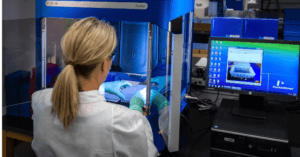 Put, being genetically predisposed to a condition means your genetic makeup increases your likelihood of developing that condition. Meaning that you have inherited a characteristic from your parents. So, let’s find out how to change genetics once and for all.
Put, being genetically predisposed to a condition means your genetic makeup increases your likelihood of developing that condition. Meaning that you have inherited a characteristic from your parents. So, let’s find out how to change genetics once and for all.
Genetic Determination
In case you didn’t know, genetic predisposition isn’t just about health conditions. It also includes traits like height, eye color, and even behaviors. On the other hand, if a condition occurs due to one’s genetics, it is known as Genetic Determination. This is like cystic fibrosis being caused by a specific gene mutation. Predisposition is more about potential risk than certainty.
Conditions Changed by Genetic Factors
When it comes to our health, genetic predisposition is quite significant. Various diseases and disorders, like Type 2 diabetes or certain forms of cancer, are sometimes influenced by genetic factors.
But, and I can’t stress this enough, it doesn’t mean these conditions are a given. Environment and lifestyle choices play a massive role in whether or not genetically predisposed conditions will manifest. Finding more anout yur DNA and genetics is easier than you think. There are some fantastic DNA kits on the market. Don’t get left behind.
How to Change Genetic Predisposition
Understanding our DNA
I’ll walk you through the complex world of our DNA to understand how it influences our chances of developing certain traits or diseases. We often consider our genes blueprints, but they have more nuance. 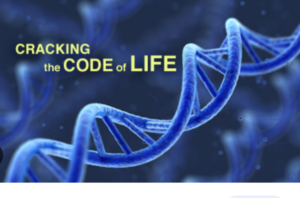
Not only do the genes themselves matter but so do variants within those genes. They will either be benign or have significant impacts.
Dance Between Genetics and External Influences
Discussing genes necessitates acknowledging that genetics is not the sole determinant of one’s predisposition to conditions. Environmental factors, lifestyle choices, and even serendipitous interactions among all these elements contribute significantly. It is akin to a rhythmic interplay between inherent traits and external influences, with the melody constantly evolving.
Now, to explain how this genetic predisposition plays out, let’s consider some conditions that exemplify this concept. Type 2 diabetes, certain cancers, heart disease – these are all ticking in someone’s genetic fabric, possibly waiting for an environmental nudge to manifest.
Change Your Health Trajectory
Identifying genetic predispositions early on is a real game-changer. It allows for targeted surveillance, tailored lifestyle recommendations, and treatments that will significantly alter an individual’s health trajectory if needed.
So, this sets the stage for why understanding your genetic predisposition isn’t just a fascinating journey into your DNA. It’s a critical step in proactive health management.
Understand Your Risks
Let me clue you in on determining if you might be genetically predisposed to certain conditions. It’s not a crystal ball, but it gives you valuable insights. And guess what? Understanding your risks is the first step towards better health.
Genetic Testing
One of the most direct ways to discover your genetic predispositions is through genetic testing. These tests give you a rundown of your genetic makeup and reveal any red flags for conditions like heart disease, diabetes, or certain cancers. Another genetic breakthrough is to have a Genogram administered by a specially trained geneticist. 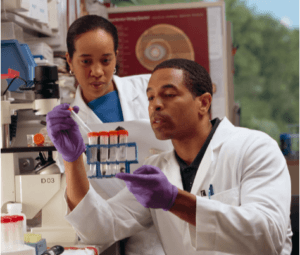
Family Medical History
Now, what is often overlooked is your family’s medical history. It is a powerful tool containing clues that hint at inherited trait patterns. Chatting with your relatives about known conditions will reveal volumes about your potential health outlook.
Use Health Metrics and Professional Advice
However, don’t worry too much about the predictions. While they may guide you, they are not absolute. Challenges—like gene expression variations— muddy the waters, making it hard to predict who will actually develop a condition.
Remember, though, that genetic predispositions are just that — predispositions. They don’t guarantee you’ll develop a condition, just that you might be more likely to. That’s why partnering this knowledge with other health metrics and professional advice is crucial. 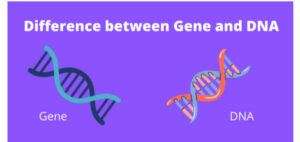
Genetic Knowledge is Power
Now that we’ve explored the signs and potential indicators of genetic predispositions, addressing how to navigate life is crucial. I’m here to help you understand that knowledge is power, especially regarding your health.
Make Lifestyle Changes
First and foremost, for those who discover they are at risk for certain conditions due to genetic predispositions, making informed lifestyle choices is key. This includes dietary changes, exercise, regular screenings, or proactive health monitoring.
It’s not a given that a predisposed condition will develop. Instead, consider it a reason to be more vigilant and proactive about your health. 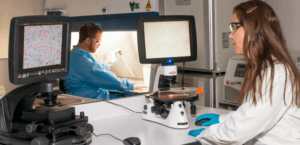
Change Your Genetics With Sensitivity
The ethical considerations around genetic predisposition are complex and shouldn’t be ignored. Awareness of a predisposition sometimes leads to unnecessary worry or discrimination. So, it’s crucial to navigate these situations with sensitivity. Genetic information should be used to empower individuals, not stigmatize them.
Research How to Change Your Genetics
Finally, remember that the field of genetics is rapidly evolving. Research is continually shedding new light on how we will better predict, prevent, and manage genetically predisposed conditions.
Genetic Counseling
Genetic counseling services are becoming more accessible, offering personalized guidance. This support is a game-changer, helping you to map out a strategy that works best for you.
I hope that you see that while having a genetic predisposition carries weight, it’s not a definitive forecast of your health. You will lead a proactive, informed, and whole life with the right approach and support. 
Navigating Your Health Journey
Always remember that it’s about making the choices that resonate with you and that your first step doesn’t need to be your last. Whether genetically predisposed or not, navigating your health journey with awareness is the most empowering stance you will take.
Founder, Rachele
(w) mybluegenes.com
(e)rachele@mybluegenes.com
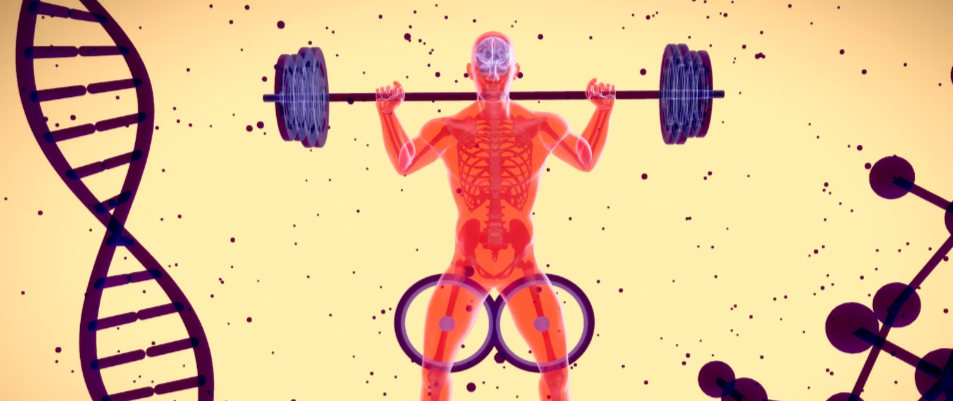






I¦ve read some excellent stuff here. Certainly worth bookmarking for revisiting. I surprise how so much attempt you set to create such a excellent informative web site.
Hi there, Jonathan.
Your kind words are much appreciated. I must admit, I love the topic od genetics, for sure. It really is a fascinating subject.
Rachele